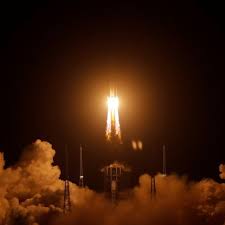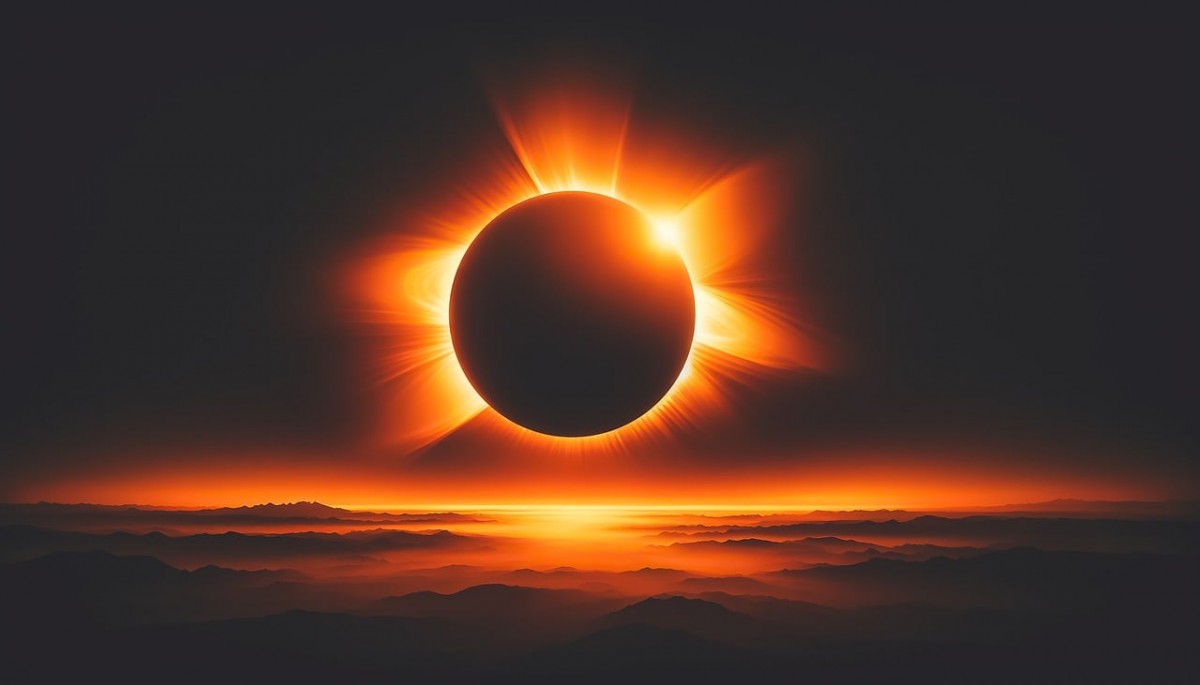China has moon’s south pole in its sights with 3 missions launching this decade
China has formally accredited three missions concentrating on the south pole of the moon. The primary to launch round 2024.
The missions dubbed Chang’e 6, Chang’e 7 and Chang’e 8 will launch throughout the 2020s. Every with completely different targets and an array of spacecraft. The trio make up the so-called fourth part for the Chinese lunar exploration program, which most not too long ago landed on the moon final December with a sample-return mission dubbed Chang’e 5.
mission Chang’e 7:

Chang’e 7 will be the first to launch; Wu did not provide a timeline, but previous reporting indicates a hoped-for launch around 2024, with the mission to include an orbiter, a relay satellite, a lander, a rover and a “mini flying craft” designed to seek out evidence of ice at the lunar south pole.
The various component spacecraft will carry a range of science instruments including cameras, a radar instrument, an infrared spectrum mineral imager, a thermometer, a seismograph and a water-molecule analyzer; the mission will tackle goals including remote sensing, identifying resources and conducting a comprehensive study of the lunar environment. China’s largest rocket, the Long March 5, will be required to launch the 18,000 pounds (8,200 kilograms) mission.
mission Chang’e 6:

Next will come Chang’e 6, which was first envisioned as a backup for the Chang’e 5 sample-return mission. The new mission will seek to build on the success of its predecessor. It will be collecting the first ever rock samples from the moon’s south pole. Delivering them to Earth. China said that the mission will also carry science payloads being developed in France and Italy. Potentially Russia and Sweden, too.
Chang’e 8 will launch later this decade and will be a step toward establishing a joint International Lunar Research Station (ILRS) with Russia and potentially other partners. The mission is expected to test technology for using local resources and manufacturing with 3D printing, according to earlier Chinese press statements.











